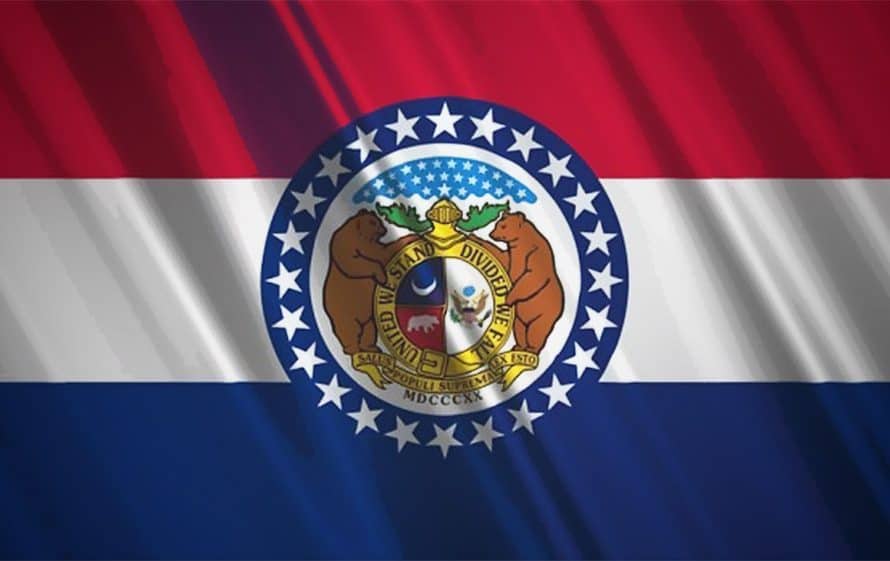JEFFERSON CITY – A dozen interns sent out by the Missouri Baptist Convention (MBC) canvassed Kansas City, St. Louis and Jefferson City for 10 weeks this summer, mapping out pockets of lostness in these cities. Late last month, the Missouri Baptist Convention released a report summarizing what they found in these Missouri cities: namely, more than five dozen people groups from around the globe that need to hear the gospel.
The survey work—a joint project of the MBC, the North American Mission Board (NAMB), the International Mission Board (IMB) and Baptist associations in each city—was conducted thanks to an $18,000 grant from NAMB. The day-to-day supervisors included Andrew Huesing in Kansas City, Matt Clark in St. Louis, and Mauricio Vargas in Jefferson City. The Huesings and the Clarks participated in the project in 2013. The project was envisioned by MBC evangelism/discipleship strategist Mark Snowden, who provided training and coordination with IMB representative Bryan Galloway for data entry on PeopleGroups.info.
According to Snowden, the survey teams discovered 112 pockets of lostness—that is, 112 Kansas City, St. Louis and Jefferson City zip codes where immigrants now live. In the three cities where survey teams worked, they were able to identify and document 65 ethnolinguistic people groups—only 1.7 percent of whom are evangelical. They also documented 129 points of interest, such as places of worship and multi-ethnic apartments, as well as ethnic food markets and restaurants. This information was uploaded and is stored behind a firewall, but is accessible to strategists on PeopleGroups.Info.
Snowden encourages Missouri Baptists to apply for an account on PeopleGroups.info, where they can learn about people from around the globe who are living on their doorstep.
Snowden said that he was pleased with the work that the survey teams did and with the information they reported at the end of the summer.
“I couldn’t be happier about the teams and those that participated because many of them are heading to the mission field,” Snowden said. In fact, many of them had already served overseas and knew more than one language, and such skills and experiences gave them an advantage as they interacted with internationals living in Missouri.
In Kansas City, Four teams conducted door-to-door surveys, chased leads, and conducted Internet research. They partnered with local churches and out-of-town volunteer teams each week in order to study individuals from more than 90 people groups. In all, at least seven Bible studies were formed with potential to continue, including what is becoming an Hispanic church plant in cooperation with Blue Summit Baptist Church.
In the St. Louis area, two teams worked primarily in three areas: Dogtown, St. Charles and St. Louis. Interns knocked on 2,067 doors and identified 11,249 internationals in 20 different people groups. Open doors were discovered for starting new Bible studies that could become churches among Indians (Gujarati), Iraqis, Lebanese, and Cubans.
In Jefferson City, one team surveyed more than 1,100 homes and began one Bible study among an Indian group that could become a church in cooperation with workers from Concord Baptist Church. Two others were initiated, but fell through. Interns also conducted initial survey work in Columbia. Of the 65 people groups that were documented during this year’s survey work, 92.5 percent fall into 11 of the largest groups. The teams identified the zip codes in which these different groups reside. In addition to the population totals, the teams also identified churches and the numbers of evangelicals among them. Some groups, such as Italians and Liberians, are generally more evangelized. Other groups, particularly 71,200 Bosniaks (Islamic Bosnians), are unevangelized and largely unengaged.
Now that these reports have been completed, Snowden encouraged Missouri Baptists to register for an account on PeopleGroups.info and pray about how God might use them to reach the nations in Missouri.

